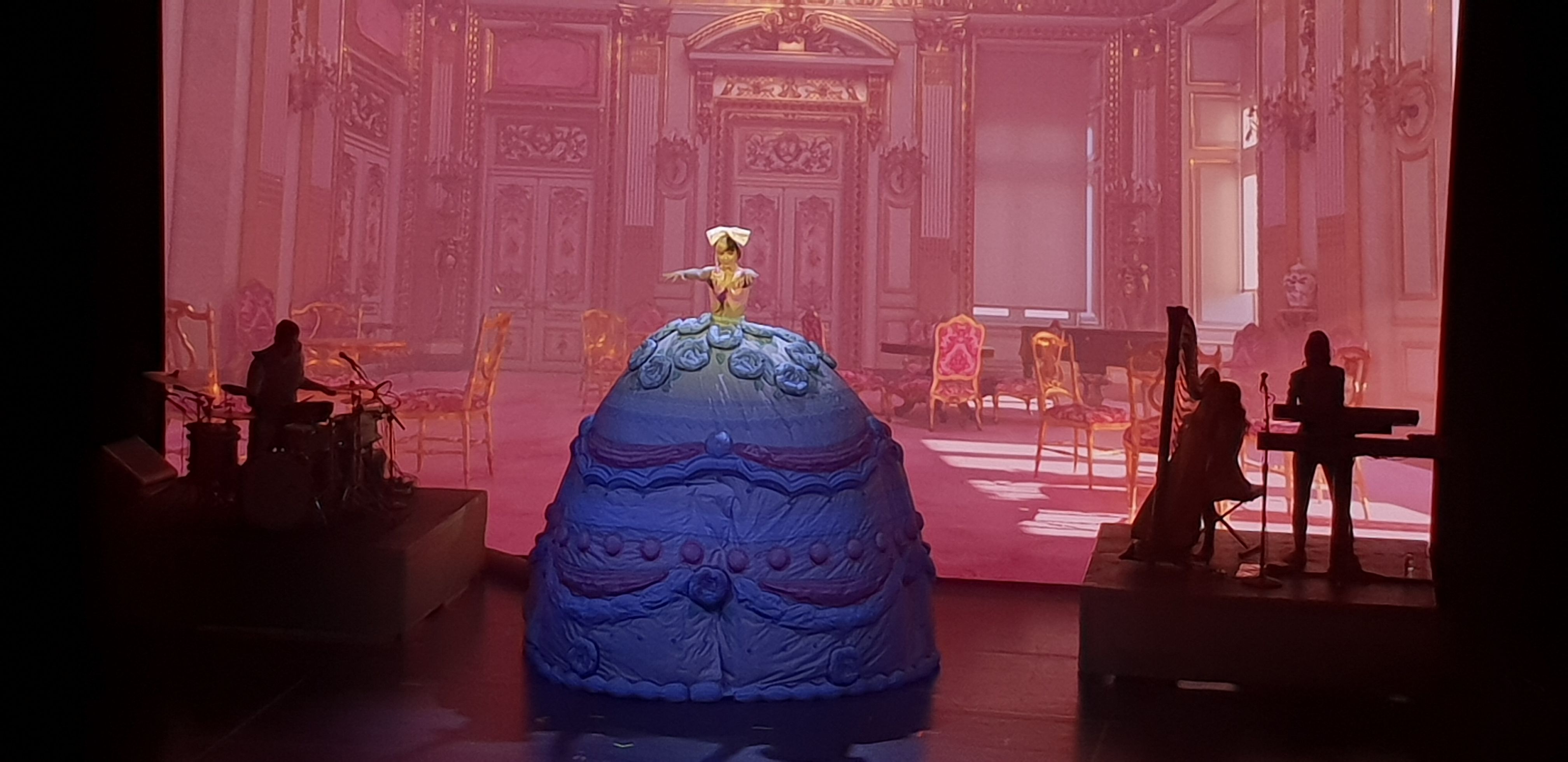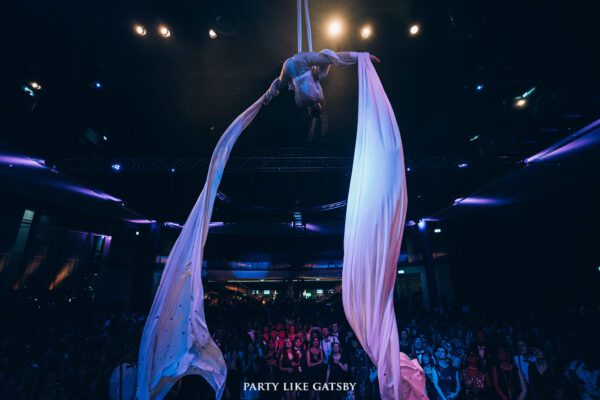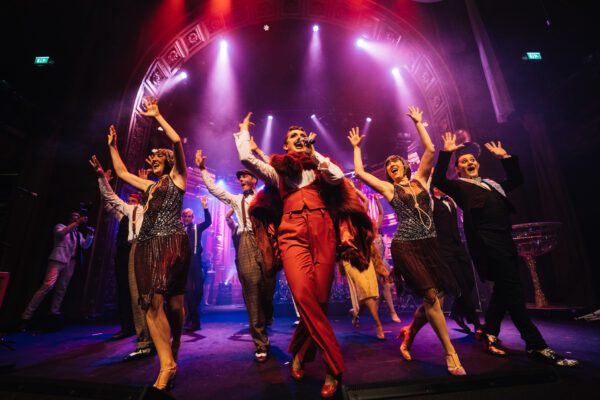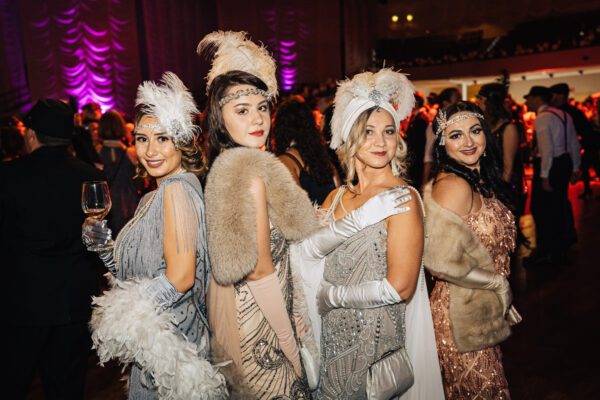Why plants are the future: UoM hosts first TEDextra talk of the year
Last semester, TEDx at the University of Manchester kicked off a series of talks for this academic year. In the Students’ Union Hive, Edward O’Shea and fellow researchers delivered a fascinating TEDextra talk titled: ‘Why plants are the future?’.
The event began with a TED talk by Dr Joanne Chory, a renowned plant biologist and geneticist from America, who explained how supercharged plants could slow down climate change. In the talk, Dr Chory stated that plants not only absorb carbon dioxide but they produce suberin, a natural carbon storage device, which can stabilise the carbon that gets absorbed by the plant into something more beneficial.
Based on this theory, Dr Chory also suggested that there is a biological solution to the biggest threat humankind are currently facing: climate change. By getting plants to produce more suberin than usual, using modified plants could become “a little better than what they are” and absorb even more carbon dioxide. Joanne concluded that as an “optimistic character witness for the plants” that climate is changing, and we need to adapt if we are to overcome it.
After being presented with a thought-provoking video, Edward O’Shea started off his presentation with a simple question: ‘What field of biology do you think should deserve more funding?’. Answers from the floor came up immediately, with the majority choosing biomedical research. Following this, O’Shea went on to talk about the global problem surrounding topsoil loss and how it is being worsened by climate change.
O’Shea suggested that plant biomaterials (i.e. construction materials, compostable packing, biodegradable single-use items) are the way to go for a more sustainable world. Moreover, it is a well-known fact that replacing meat from our diets and switching to a more plant-based diet is another step that could lead us closer to a ‘greener environment’. This comes as an uprising against the meat industry, which is shown to emit as much greenhouse gases as all vehicles on the planet, which accounts to approximately 15% of all global emissions. Contrary to this, plant-based protein sources could help save up to 12.15 kg of carbon dioxide, the equivalent of 5 litres of petrol. Another drastic and worrying statistic shows that 50% of antibiotics synthesised are used on animals, and not only to be tested in laboratories but as a weight-gain pill.
Plants are the future because we can make use of them to combat climate change. Transplastomic technology can make plants capable of producing industrial proteins. Industrial proteins are used in industrial processes, most commonly in the form of enzymes. These are used in virtually every single chemical process on an industrial scale, yielding purer products in higher quantities.
In essence, a transplastomic plant is a genetically modified plant which has the new genes inserted into its chloroplast DNA, rather than its nuclear DNA. Chloroplasts are the site of photosynthesis in plants.
Unlike normal Genetically Modified (GM) plants, which can transfer genetic traits to related species via plasmids, transplastomic gene traits can only be transferred by asexual reproduction. An implication of this is that scientists can manipulate plants without having to worry about traits being passed on to unwanted plants, such as weeds. Moreover, transplastomic plants offer an almost limitless way of altering the plants’ genomes, potentially turning plants into industrial protein factories. This might open new ways in which we can tackle our current climate change crisis.
Having said so, a lively general discussion amongst the floor and panel arose on the biggest challenge that humankind could face in the next 30 years and what steps should be undertaken in order to cease its effects.
Discussions included reducing waste, to stop eating meat, how to reduce fossil fuels, and the consumerist mindset. An overall mutual conclusion was reached in the end – that forming a community and allowing scientists to influence a society that is more concerned with consumption and changing the minds of those that are recklessly ignoring the drawbacks of it.















